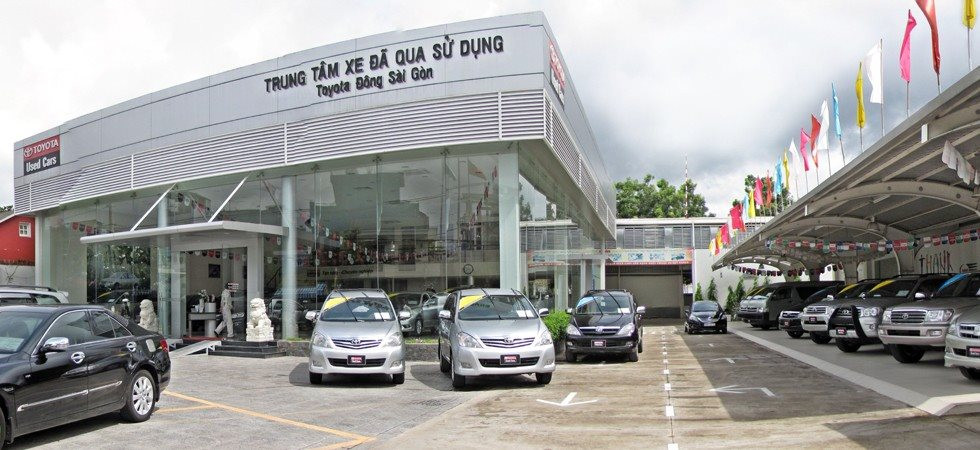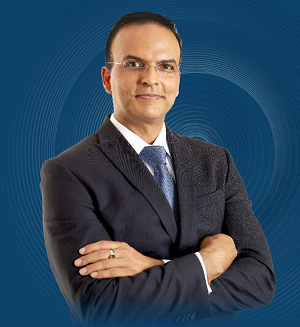In a recent notable announcement,
Digiworld Joint Stock Company (DGW, Digiworld)
announced that it has increased its ownership stake in the pawnshop chain Vietmoney to nearly 73%, supporting the plan to expand its business in used mobile phones and laptops in the near future.
According to representatives, this market still has significant potential but has not yet seen the participation of any major companies. Currently, over 40% of the devices connected to the market are iPhones, but new iPhone sales only account for 13-18% depending on the quarter. This means that the number of used iPhones on the market is double the number of new iPhones sold each year. This phone line has a lifespan of about 6 years, and users typically upgrade to new phones every 2-3 years. Therefore, the scale of the used phone market is large, and the profit margin for used products is higher than for new phones.
In the automotive industry,
Tasco Corporation (HUT)
recently inaugurated its 4th Automall in Tan Phu District, Ho Chi Minh City, with an area of 7000m2. The company has built an ecosystem with Carpla, a platform for buying and selling used cars. After expanding its system with the 4th Automall, Carpla has also further strengthened its role in the integrated transportation infrastructure and automotive services with Tasco’s members, aiming to serve the needs of customers throughout the lifespan of their vehicles. By the end of 2023, two more locations are planned to be opened in Hanoi and Can Tho, bringing the total number of Automalls to 6.
Tasco is known as the “BOT master” transforming into a major player in the automobile business. With approval from the management board, SVC Holdings recently changed its name to Tasco Auto Co., Ltd. (Tasco Auto) from January 22, 2024. Tasco Auto currently owns 86 showrooms nationwide, distributing 14 car brands including major brands like Toyota, Ford, Mitsubishi, and the luxury brand Volvo. The revenue from the automotive segment exceeds 1 billion USD.
Despite its strong potential and large-scale investment, HUT is not the pioneer in the used car market. The first company to launch a used car business center in Vietnam was
Hanh Xanh Automobile Service Joint Stock Company (Haxaco, HAX)
. Known as the “king” of Mercedes-Benz distribution in Vietnam, this car center also specializes in selling used Mercedes-Benz vehicles, as well as providing services such as painting, customization, and beautifying Mercedes-Benz cars.

More and more “tycoons” are entering the secondhand market. It is a lucrative market worldwide, and in Vietnam, it is exploited by Cho Tot.
Cho Tot entered the Vietnamese market in 2012, under the ownership of 701Search – a joint venture between Press Holdings (Singapore), Schibsted (Norway), and Telenor (Norway). In 2019, Telenor invested in Carousell and merged 701Search with Carousell. As a result, Cho Tot became a brand owned by Carousell.
To date, the online buying and selling platform Cho Tot has more than 10 million monthly active users, specializing in buying, selling, and connecting services for real estate (Cho Tot Nha), vehicles (Cho Tot Xe), electronics, household items, pets, and family services. In 2021, with a $100 million investment from STIC Investment, the Carousell Group was valued at $1.1 billion.
In early 2023, representatives from Cho Tot mentioned that the used goods commercial market in Vietnam was valued at $1.1 billion in 2011 and is expected to reach $5.1 billion by 2026 (according to the latest research by RedSheer Strategy Consultants). According to the Carousell Recommerce Index 2021 (carried out by the Carousell Group in 8 markets including Hong Kong, Indonesia, Malaysia, Myanmar, the Philippines, Singapore, Taiwan, and Vietnam), 83% of Vietnamese people have bought used goods and will continue to do so.




![[Photo Essay]: Experts, Managers, and Businesses Unite to Forge a Path Towards Sustainable Green Industry](https://xe.today/wp-content/uploads/2025/07/z678592918-150x150.jpg)


![[Photo Essay]: Experts, Managers, and Businesses Unite to Forge a Path Towards Sustainable Green Industry](https://xe.today/wp-content/uploads/2025/07/z678592918-100x70.jpg)







